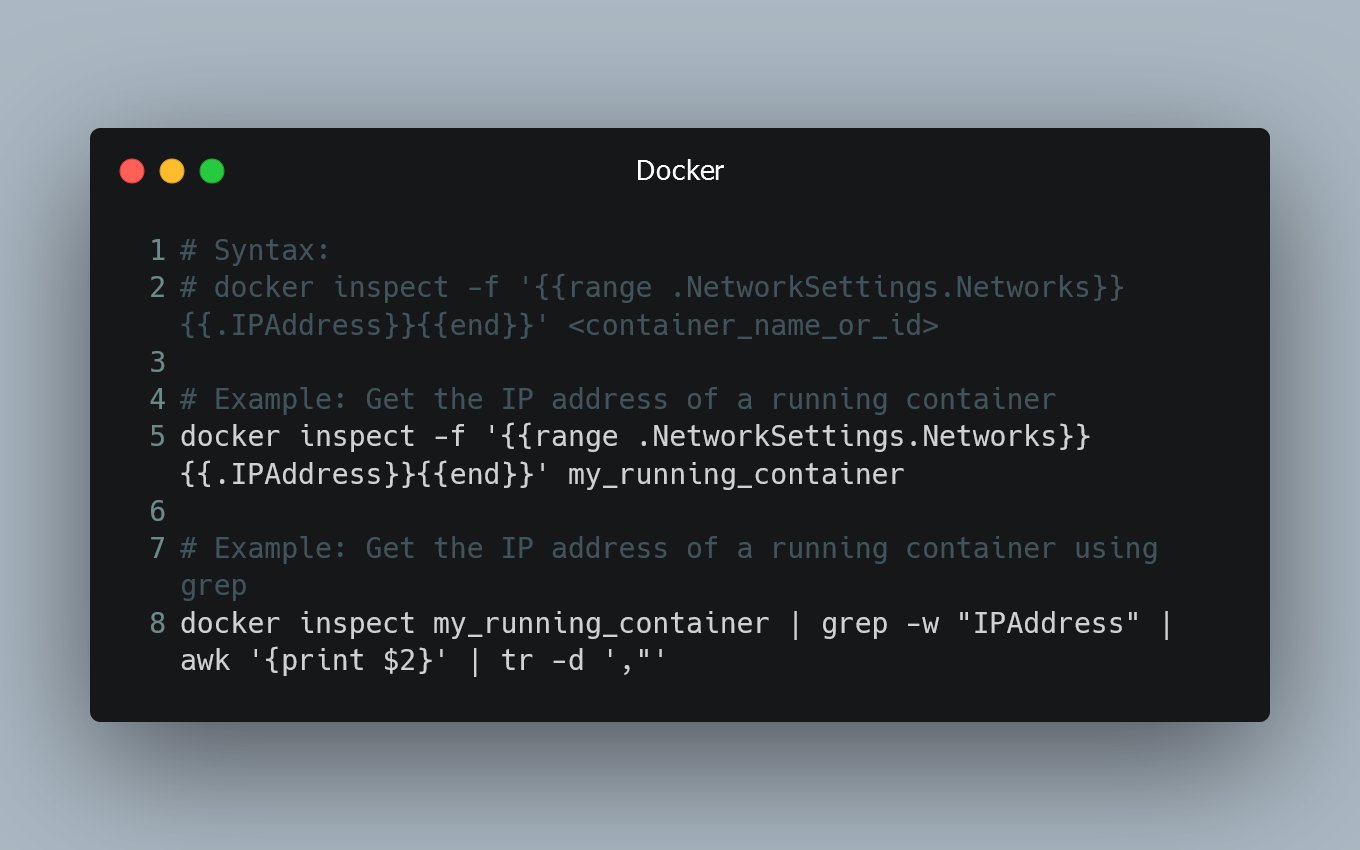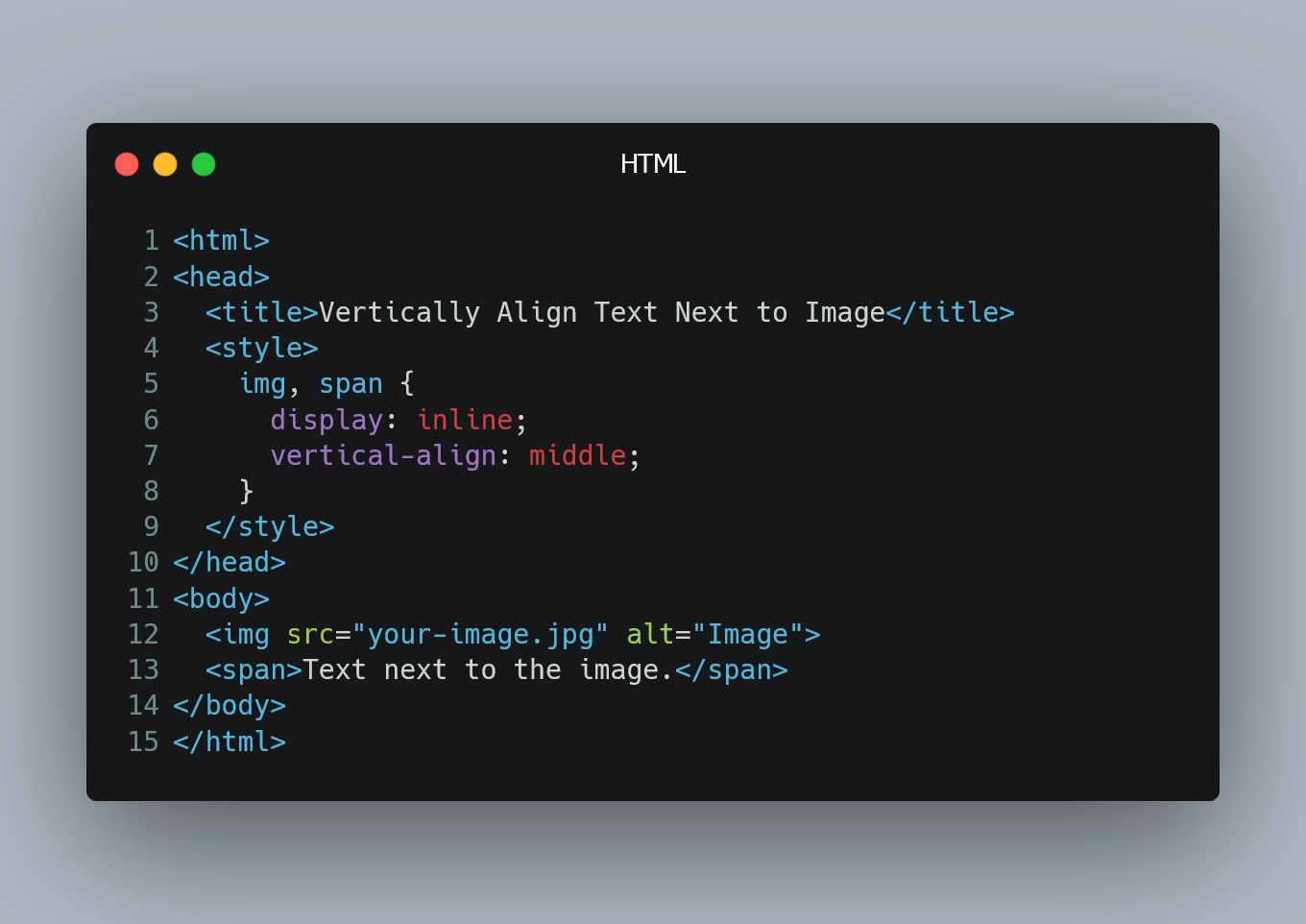Setting the Default Node Version using NVM
NVM (Node Version Manager) is a popular tool that allows you to manage multiple Node.js versions on your system. By default, when you install NVM, it...
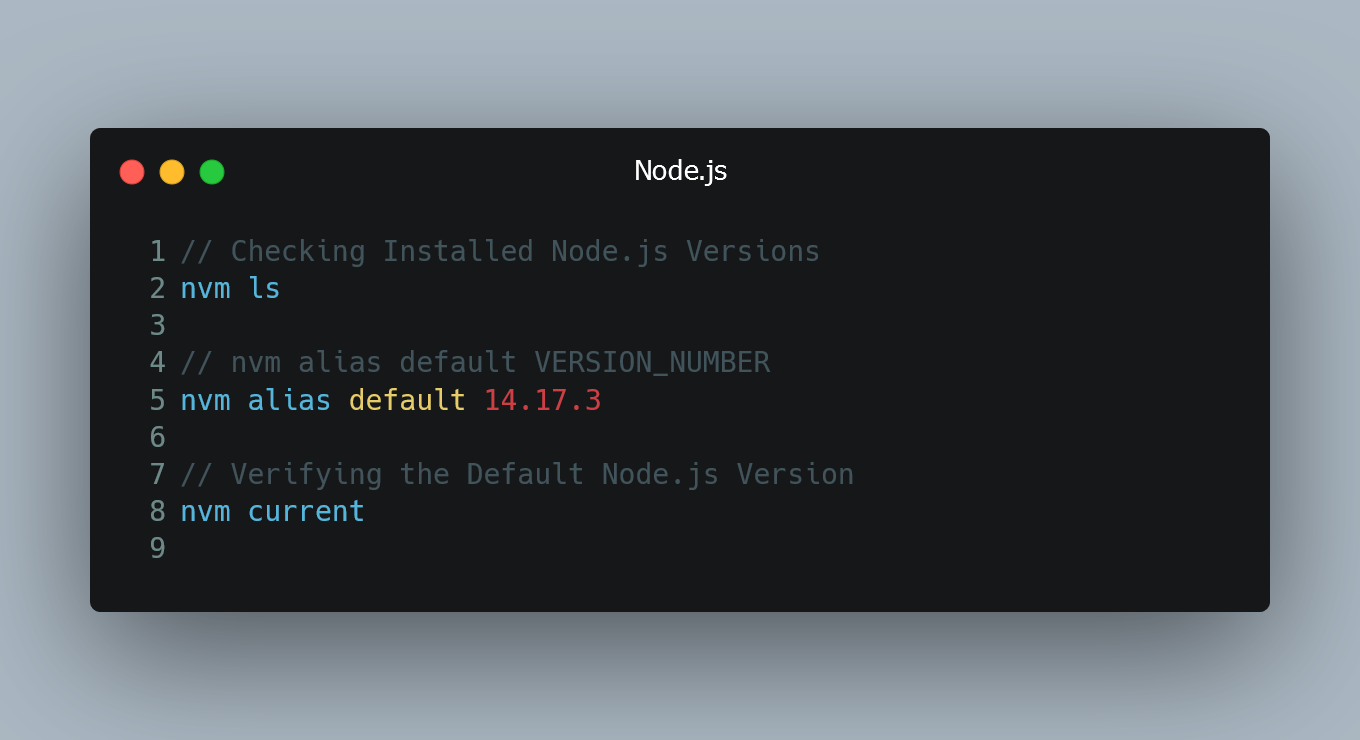
Installing a Specific Version of a Ruby Gem
When working with Ruby gems, you might need to install a particular version of a gem to ensure compatibility with your project. Fortunately, Ruby's pa...
Making a Div 100% Height of the Browser Window
This div will take up 100% height of the browser window.
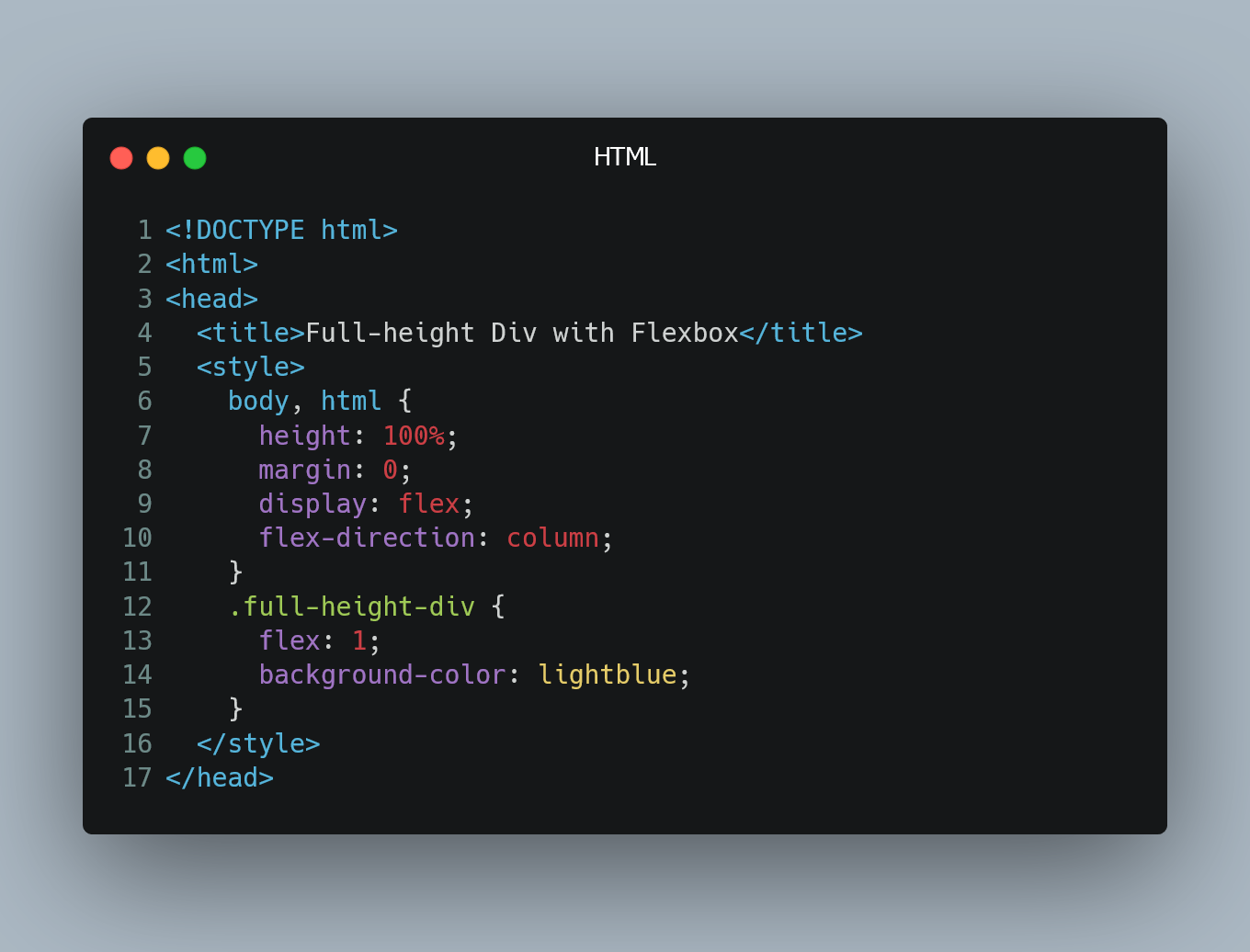
Recursively Grep All Directories and Subdirectories
To search for a specific pattern in all directories and their subdirectories in Linux, you can use the grep command with the -r option.
Using the grep...
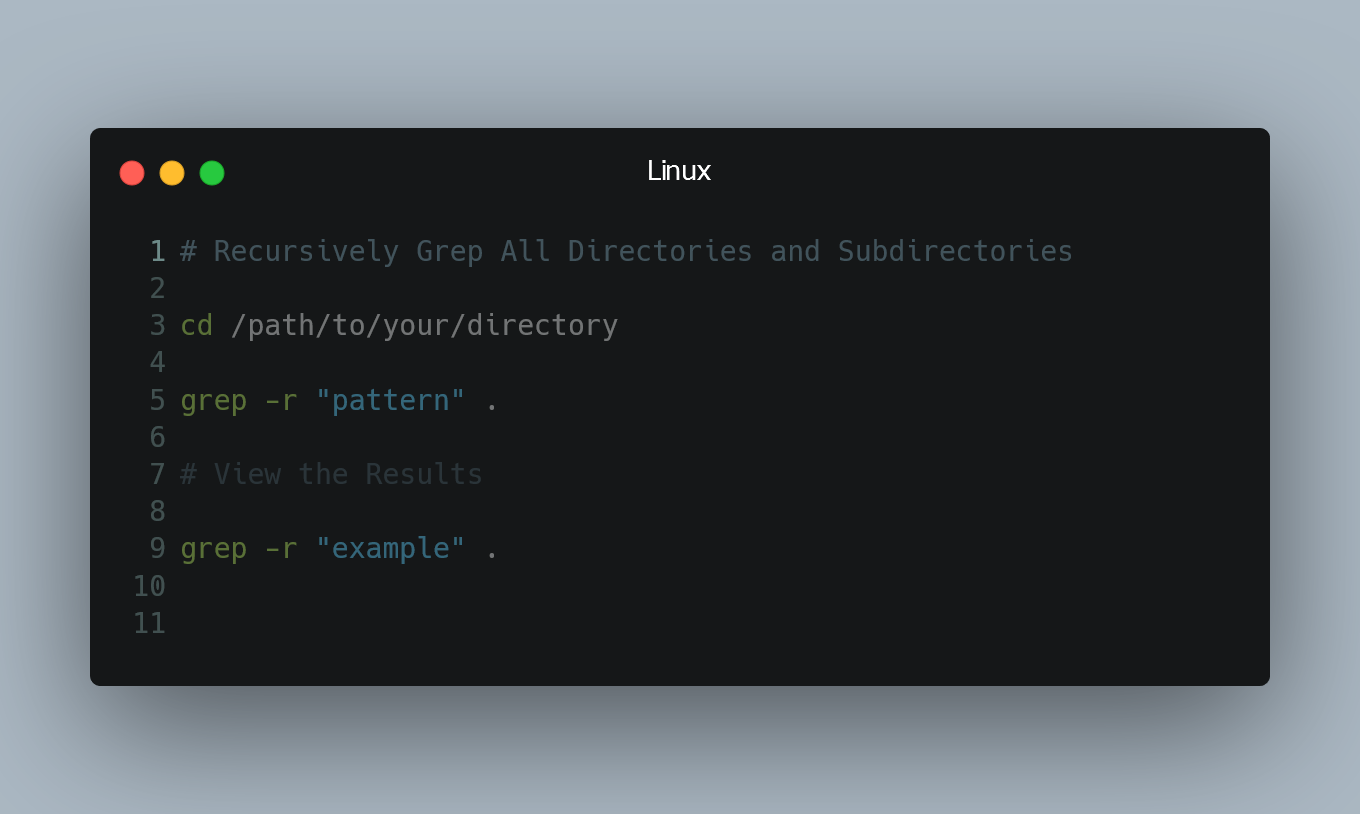
Converting a String to Enum
In TypeScript, you can convert a string to an enum value by using the enum and valueOf() method. Enumerations, or enums, provide a way to define a set...
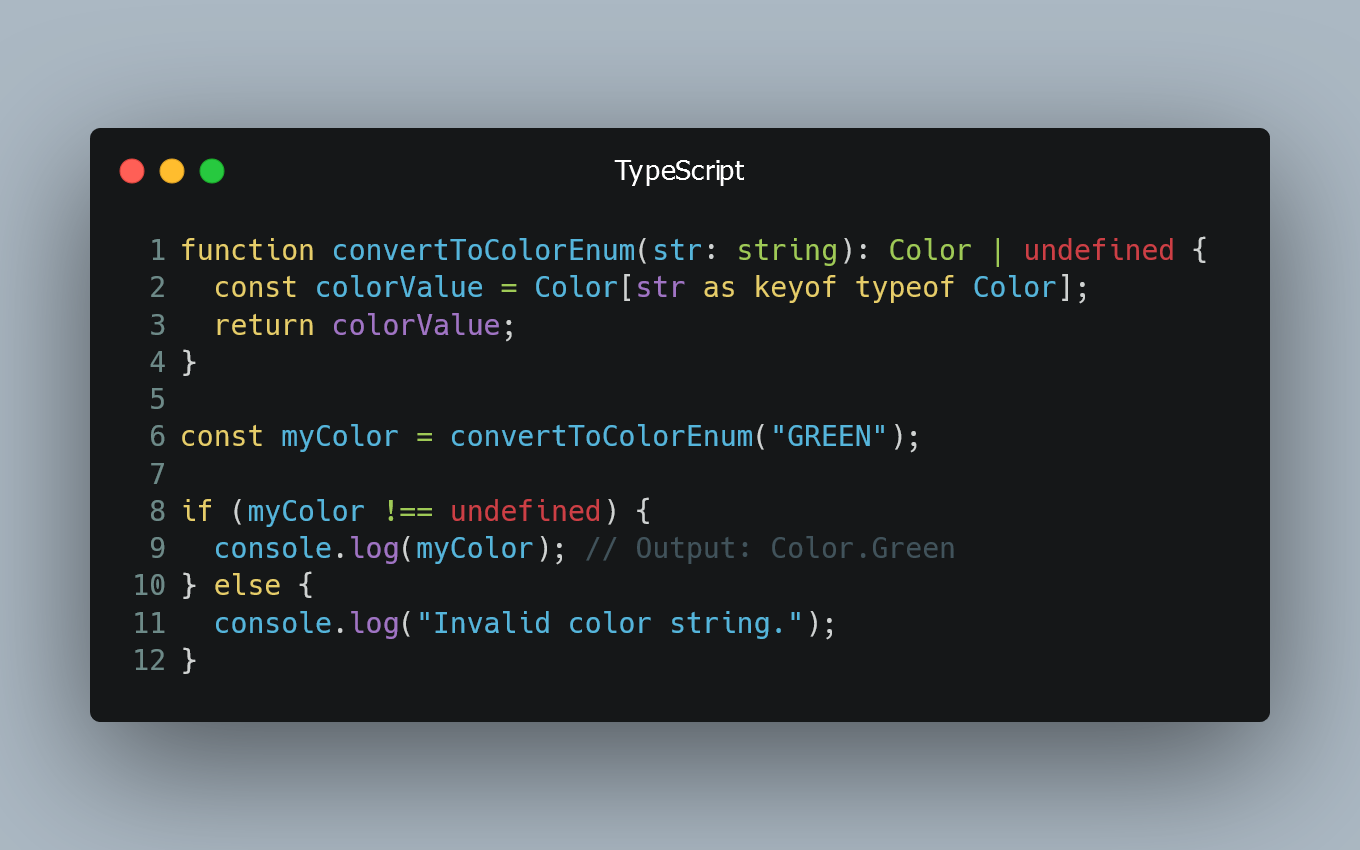
Removing an Array Item
In TypeScript, you can remove an item from an array using different methods, depending on your specific requirements and the version of TypeScript you...
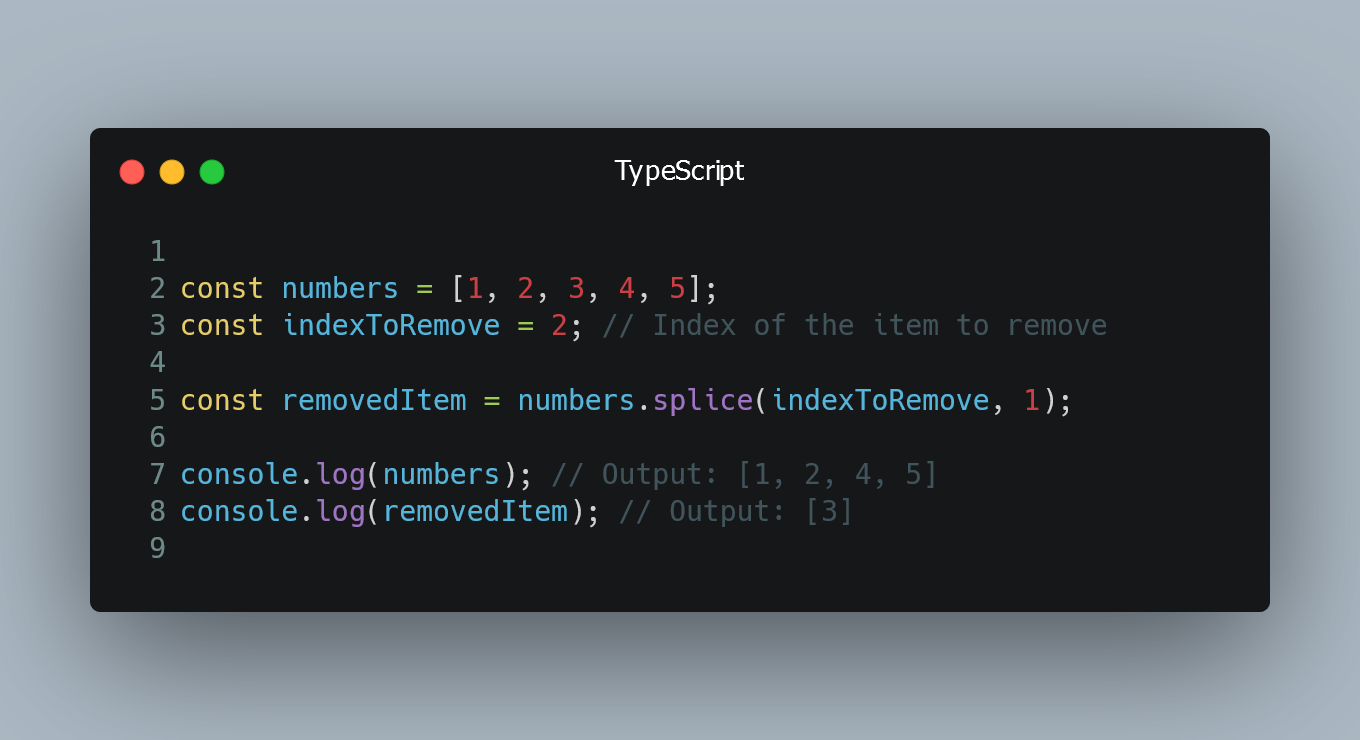
Validate Nested Objects Using Class Validator
NestJS provides a powerful validation feature that integrates with class-validator to validate incoming data. You can easily validate nested objects i...
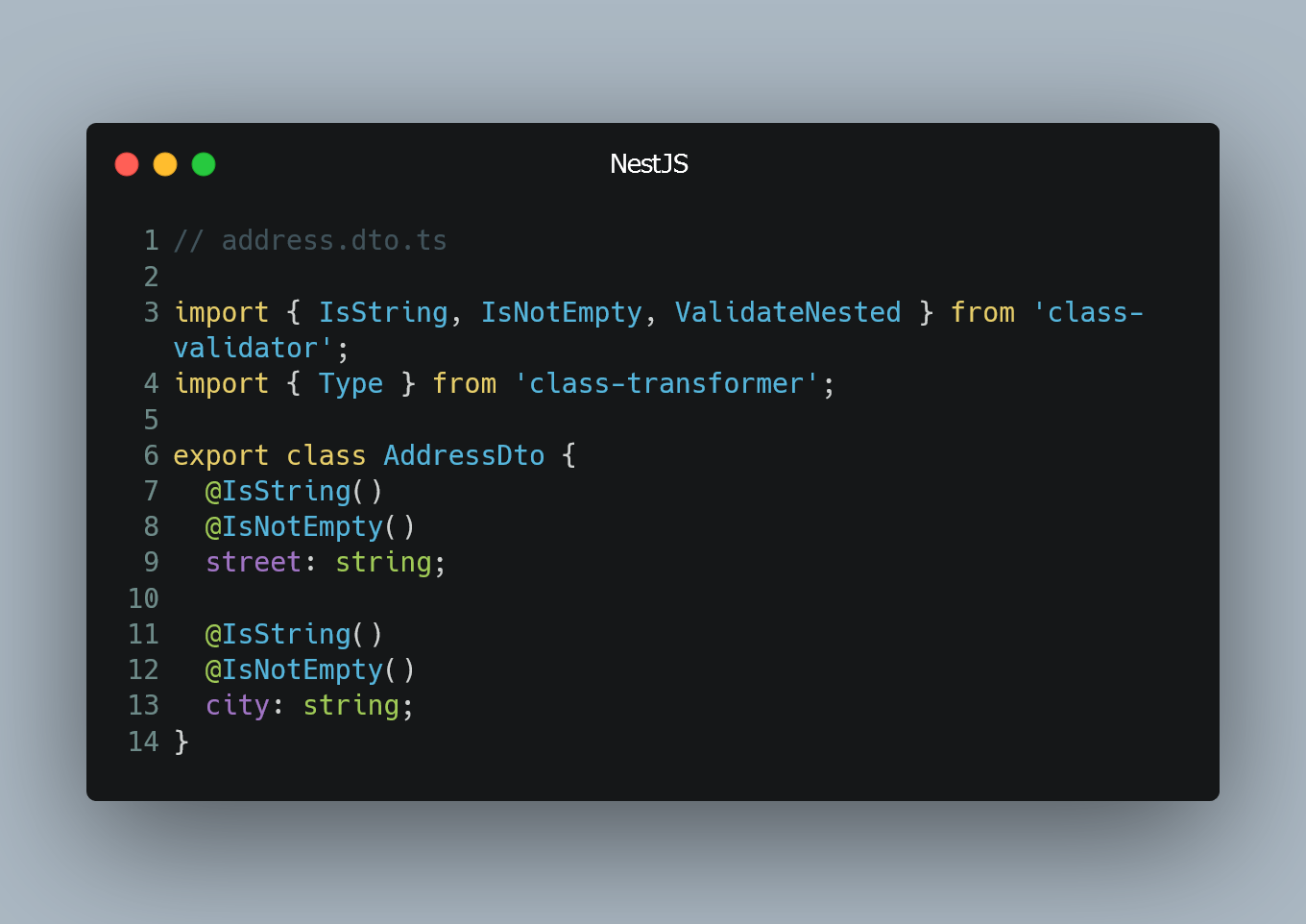
Checking if a variable is set
To determine whether a variable is set or not in Bash, you can use various methods and conditional checks.
Using test command or [ ] brackets
The test...
Getting a Docker container's IP address from the host
To obtain a Docker container's IP address from the host machine, you can use Docker commands and inspect the container's network settings.
Using docke...
